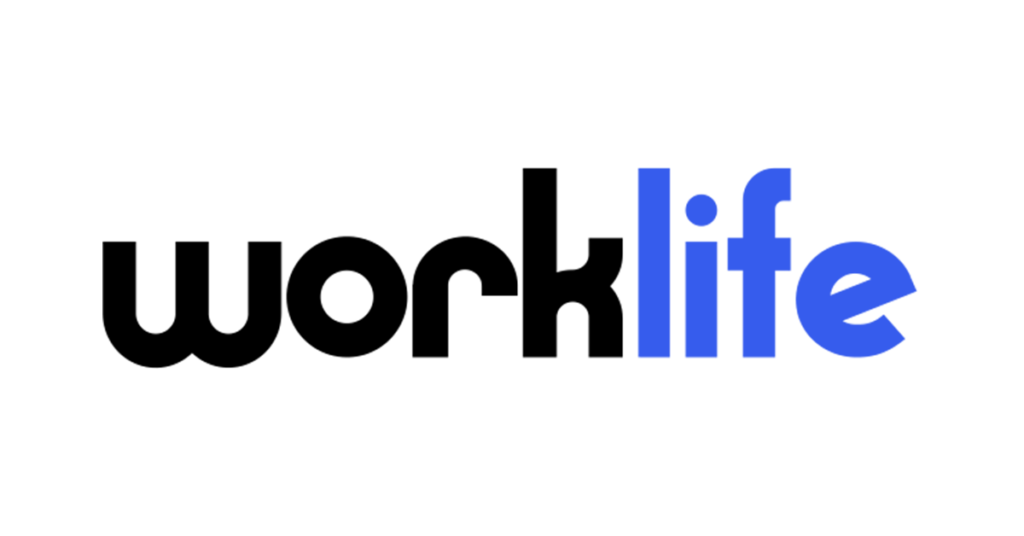“As always, people leaders will have to be intentional about fostering a safe, inclusive environment post-election, intervening when necessary for the good of the group."
As the U.S. braces for another highly contentious presidential election, HR leaders are developing strategies to deftly navigate what could become a people-management minefield.
The reasons are clear. With political polarization at an all-time high, employers face unique challenges in managing employee reactions and behavior while maintaining productivity and a positive work environment.
Perceptyx, a people analytics company, found in a survey of 2,300 people that 1 in 3 employees has experienced recent conflict stemming from political disagreements at work. What’s more, 80% of those who faced such conflicts are actively seeking a job, making them 1.6 times more likely to quit their current post than their counterparts.
HR experts are advocating for a proactive approach to mitigating risks.
Shawnee Irmen-De Anda, chief people officer at the online counseling and therapy firm Thriveworks, emphasizes the importance of preparation. “We know exactly when it’s coming and can prepare for the potentially disheartening — and as a result, disruptive — feelings it will stir up,” she said.
A Thriveworks survey found that 31% of Americans experience anxiety as a result of political news and events. “Understanding the impact the election result may have on employees’ mental health helps us best prepare,” Irmen-De Anda said.
Some specific policies that can be implemented by HR departments in the runup to Election Day include:
- reiterating policies on respectful workplace conduct and political discourse
- offering options for remote work or personal time for employees who could feel overwhelmed by the election results and resulting conflicts
- equipping team leaders with tools to handle potential clashes and support struggling team members
- sharing with the rank-and-file information about employee assistance programs (EAPs) and counseling services
- maintaining neutrality on political matters while focusing on unity and shared goals
Employers must also consider the legal ramifications. “The risk in these polarized times is that political discourse may quickly devolve into discriminatory or harassing behavior that violates both employer policies and federal, state and local law,” said Alice Jump, partner at the New York law firm Reavis Page Jump.
Employers generally have the right to enforce dress codes or limit tangible displays of political preference like stickers or posters in the office, according to Jump. But if an employer does have such rules, they must make sure they are enforced consistently and not in a partisan way.
Jump advises caution when acting against employees who cross the line. “The problem arises when the employee claims that the real reason for the adverse employment action was a protected characteristic, such as the employee’s race, religion, national origin, etc.,” she said.
In the state of New York, employers are prohibited from taking adverse action against employees because of their political activity outside the workplace, as long as it doesn’t involve company resources.
There are also generational considerations. The Perceptyx survey revealed that Gen Z workers are 2.3 times more likely than boomers to have had a political disagreement at work and 5 times more likely to have experienced bias, prejudice or discrimination due to their political beliefs. Those results suggest that HR strategies may need to be tailored to address the specific concerns and communication styles of different generational cohorts within the workforce.
Deb Muller, CEO of HR Acuity, an employee relations and workplace investigations platform, advises HR leaders to think far beyond Election Day. “As always, people leaders will have to be intentional about fostering a safe, inclusive environment post-election, intervening when necessary for the good of the group,” she said.
Employers could begin planning team-building activities now for the weeks following the election to reinforce a sense of community and shared purpose in their organizations — and to ensure workplace harmony long after the 2024 election is history.



